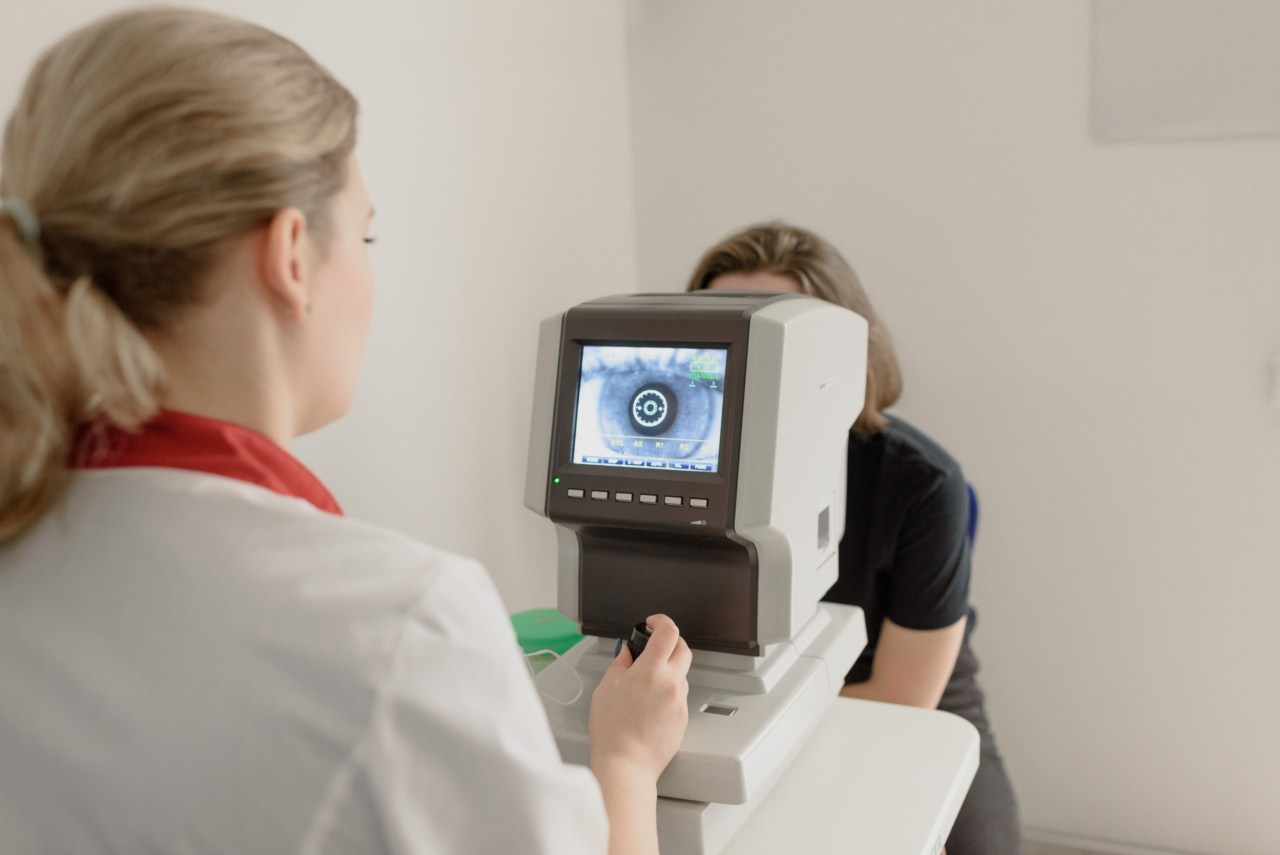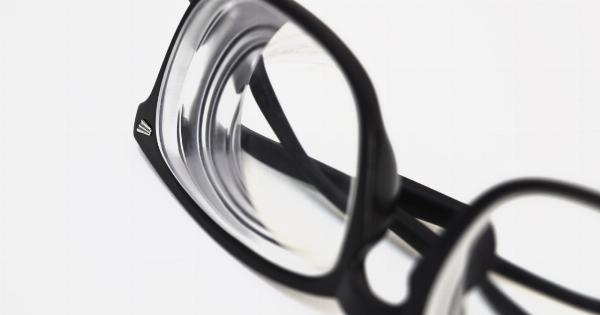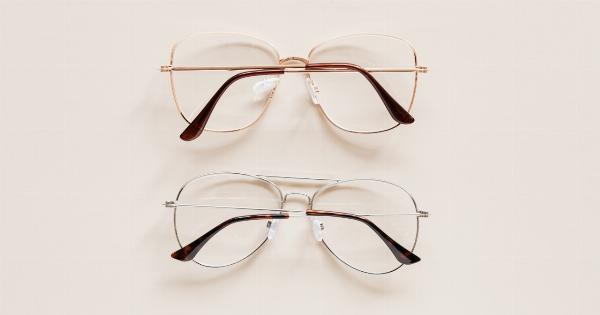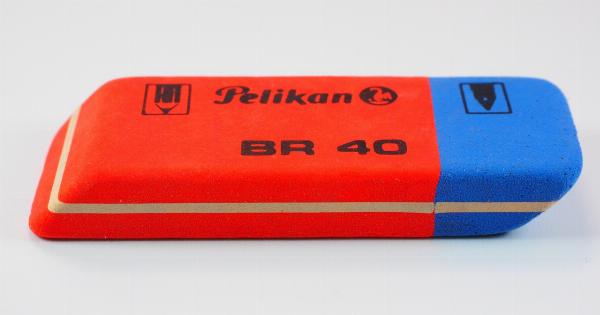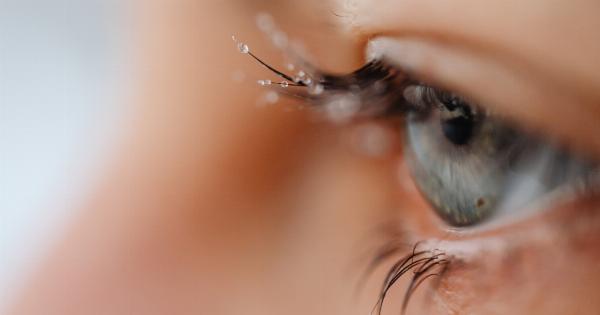Myopia, commonly known as nearsightedness, is a refractive error that affects millions of people worldwide. It occurs when the eye’s focusing power is too strong, causing distant objects to appear blurry.
While glasses and contacts can correct the symptoms of myopia, they do not actually treat the underlying condition. However, recent advancements in ophthalmology have led to the development of various eye treatments that can help slow down the progression of myopia, also known as myopia control.
What Causes Myopia?
Myopia often develops during childhood and adolescence when the eye is still growing and changing.
Genetics plays a significant role in the development of myopia, but environmental factors like prolonged near work and lack of outdoor activity can also contribute. When the eye is repeatedly focused on nearby objects, like books or screens, it can lead to the eye’s elongation.
As the eye becomes longer, light entering it is not focused correctly on the retina, resulting in blurry vision when looking at distant objects.
The Importance of Myopia Control
Myopia often progresses throughout childhood and teenage years, with the severity increasing into adulthood.
High myopia, a condition in which the prescription is greater than -6.00 diopters, increases the risk of various eye problems like cataracts, glaucoma and retinal detachment, which can lead to vision loss.
Myopia control is a crucial aspect of managing the condition and reducing the risk of complications.
The earlier treatment is initiated, the better the chances of slowing down the progression of myopia and reducing the risk of complications later in life.
Eye Treatments for Myopia Control
Several eye treatments are available for myopia control. These treatments work by altering the signals that control eye growth, helping to slow down its progression.
Orthokeratology (Ortho-K) Lenses
Ortho-K lenses, also known as corneal reshaping contact lenses, are worn overnight to reshape the cornea temporarily. By reshaping the cornea, the light entering the eye is focused correctly on the retina, reducing the patient’s prescription.
Studies have shown that ortho-k lenses effectively reduce the progression of myopia, making them an attractive option for myopia control.
Atropine Eye Drops
Atropine eye drops are a medication commonly used for dilating the pupil to examine the eye.
However, studies have shown that low doses of atropine (0.01%) can also slow down the progression of myopia by reducing the eye’s focusing power and altering eye growth signals.
Multifocal Contact Lenses
Unlike traditional contact lenses, multifocal contact lenses have different powers in different areas of the lens designed to allow for clear vision at various distances.
Multifocal contact lenses have shown some effectiveness in slowing down myopia progression.
Peripheral Defocus-Modifying Contact Lenses
Peripheral defocus-modifying contact lenses are designed to change the signals that control eye growth. These contact lenses have a specific design to reduce hyperopic defocus, causing peripheral myopic defocus, which leads to changes in growth signals.
By altering the growth signals, the lenses help slow down the progression of myopia.
Soft Bifocal Contact Lenses
Soft bifocal contact lenses have two different powers in the lens, allowing for clear vision at different distances. These lenses have also been shown to effectively slow down the progression of myopia.
Conclusion
Myopia control is essential to managing the condition and reducing the risk of complications later in life.
Various eye treatments, including ortho-k lenses, atropine eye drops, multifocal contact lenses, peripheral defocus-modifying contact lenses and soft bifocal contact lenses, can effectively slow down the progression of myopia. Consult with your eye care professional to determine which treatment is best suited for your needs.
